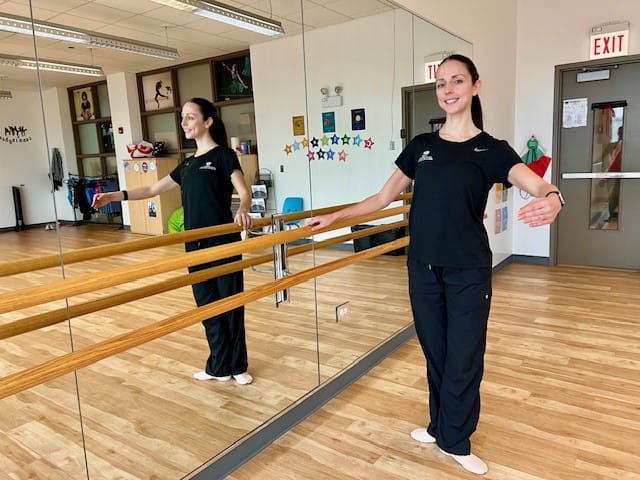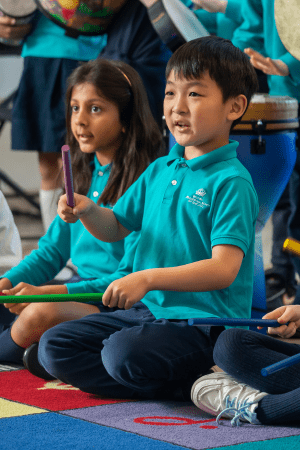We use cookies to improve your online experiences. To learn more and choose your cookies options, please refer to our cookie policy.

Why are the Performing Arts a key part of primary education?
Performing arts—dance, music, and drama—serve as powerful tools for young students to express themselves creatively while also laying the foundation for emotional intelligence. In primary education, this connection becomes even more significant, as early exposure to the arts can foster emotional awareness, empathy, and social skills that will shape students' personal and academic lives.
Understanding Emotional Intelligence for Young Learners
Emotional intelligence refers to the ability to recognize, understand, and manage emotions effectively. For primary students, developing emotional intelligence is crucial as it helps them navigate relationships, cope with challenges, and build self-confidence. Key components of emotional intelligence in young children include:
•Self-awareness: Recognizing and naming their own emotions.
•Self-regulation: Learning how to manage their feelings in healthy ways.
•Empathy: Understanding and relating to the emotions of their peers.
•Social skills: Building friendships and resolving conflicts constructively.

Dance: Discovering and Expressing Emotions
Dance allows primary students to explore and express their emotions through movement. Whether it's through choreographed routines or free dance, children can embody feelings like joy, excitement, or even frustration, helping them develop self-awareness. Dancing in groups also encourages teamwork and cooperation, as students learn to be mindful of others' movements and emotions, which in turn nurtures empathy and social connections.

Music: Emotional Resonance and Creative Outlet
Music has a special way of resonating with young minds. Engaging with music—whether through singing and playing instruments, composition, or simply listening—offers children a safe space to express their feelings and manage their emotions. When students learn to perform music, they develop self-regulation as they practice patience and focus. Working in a group setting, like a school ensemble, teaches them how to listen to others, fostering cooperation and social skills while also reinforcing emotional connections to the material.

Drama: Building Empathy and Emotional Awareness
Drama provides primary students with a unique opportunity to step into someone else's shoes, boosting their empathy and emotional understanding. Through role-playing, children learn to explore and express different emotions, which helps them better understand their own feelings and those of others. Classroom activities like improvisation games allow students to navigate various social situations in a playful, low-pressure environment, giving them tools to regulate emotions and build relationships.
The performing arts help young students build emotional intelligence by offering them dynamic and engaging ways to express themselves and connect with others. Whether they are dancing, making music, or acting out scenes, students learn to better understand their emotions and the emotions of those around them. This emotional growth not only enhances their personal well-being but also equips them with essential social skills that will serve them throughout their lives.
In summary, integrating performing arts into primary education significantly impacts students' emotional development. Dance, music, and drama create a nurturing space for children to develop self-awareness, empathy, and social skills, setting the foundation for their success in school and beyond.
Sara Kelly-MacDonald
Director of Performing Arts & Dance Specialist